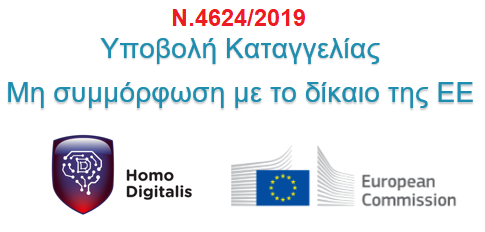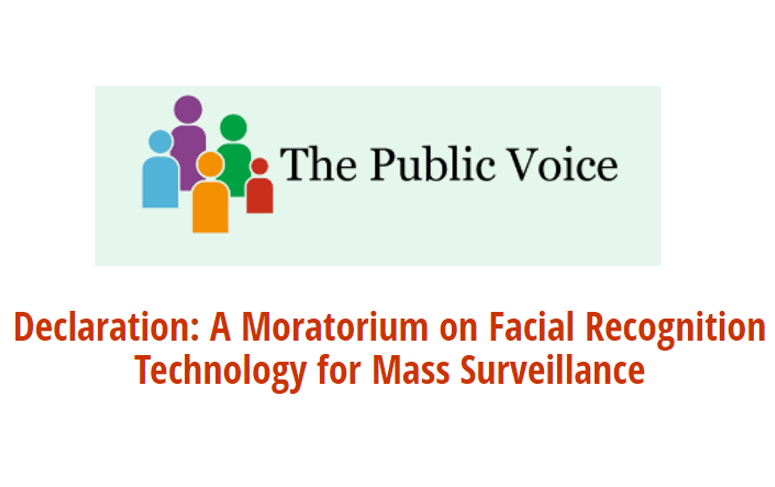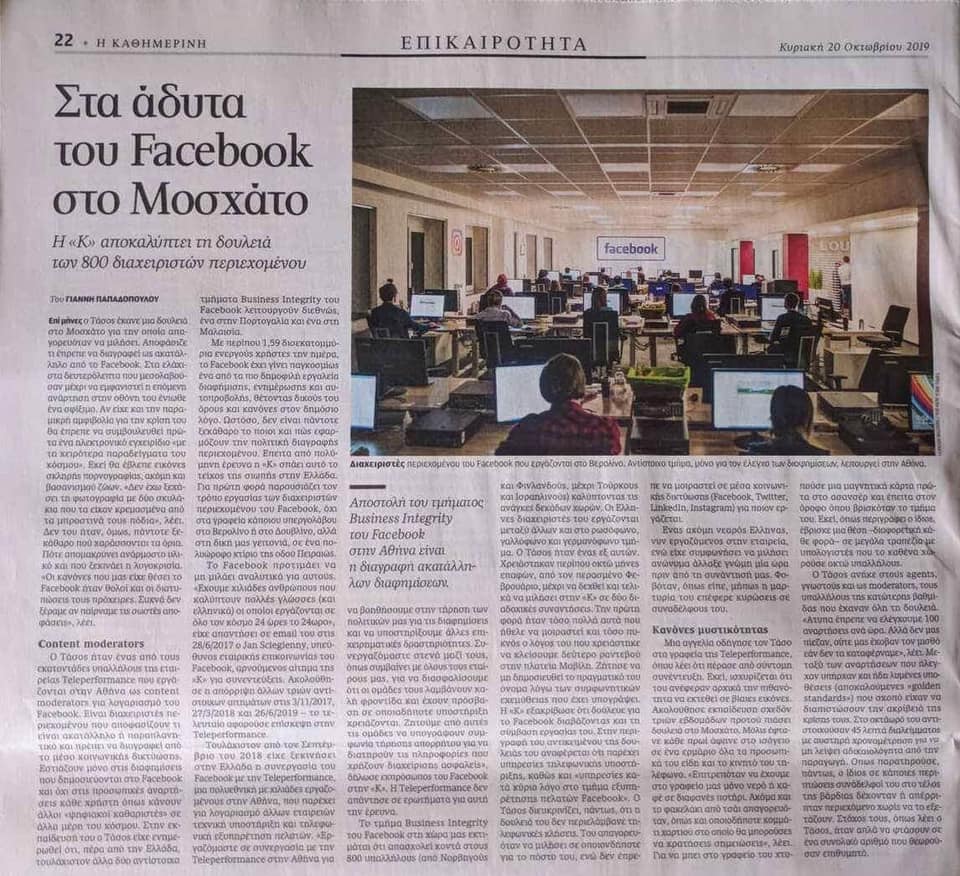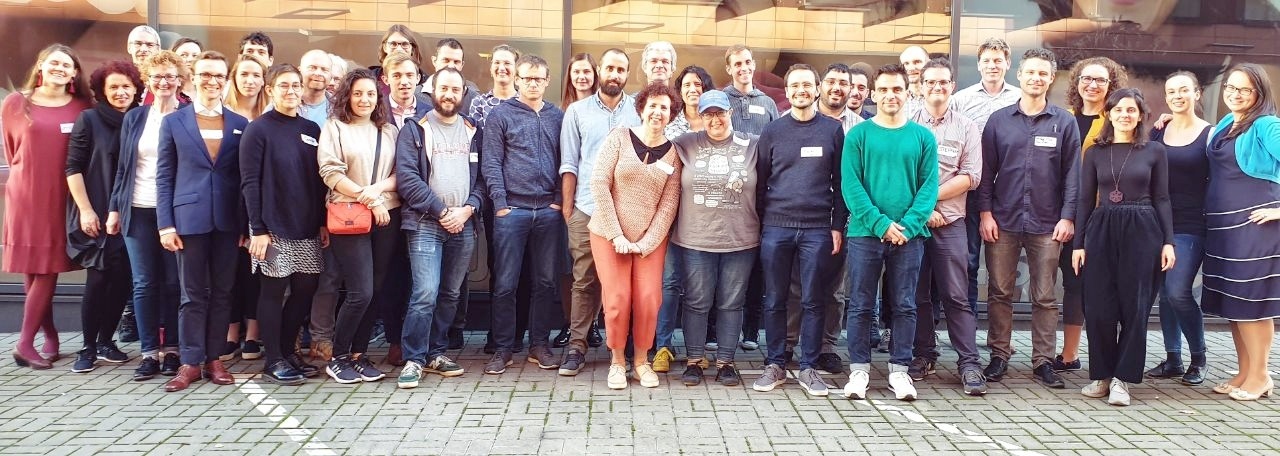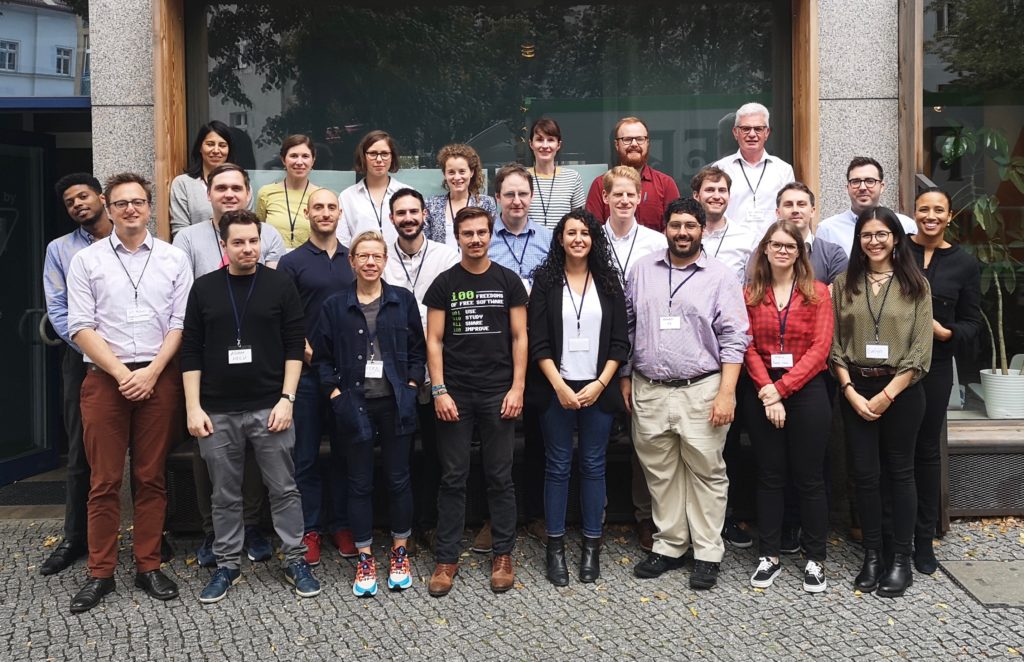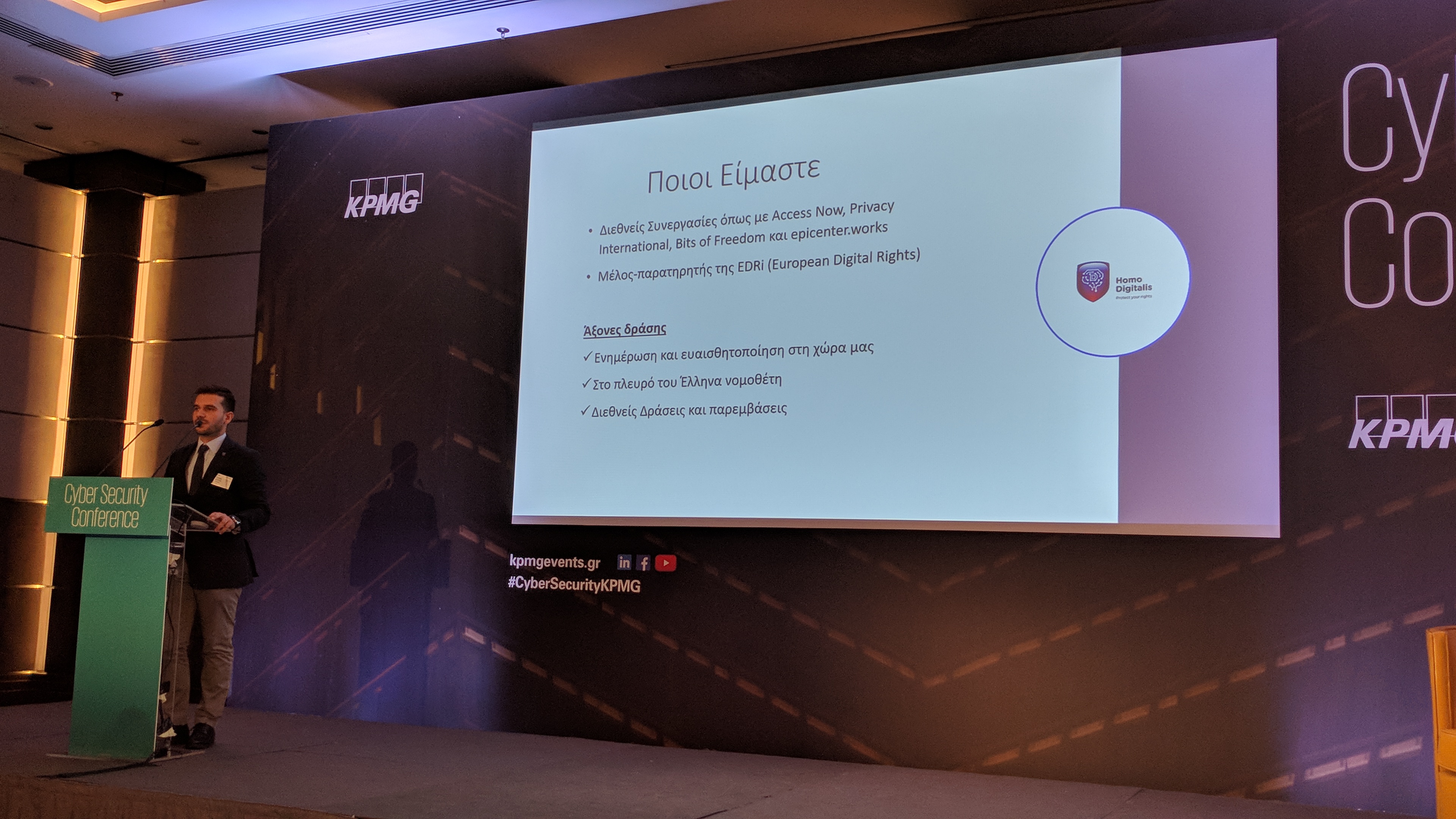Complaint submission to the European Commission regarding Law 4624/2019
On October 24, 2019, Homo Digitalis following the complaint dated on 5/30/2019, lodged a new complaint to the European Commission for non-compliance with EU law, this time regarding the provisions of the Law 4624/2019 on personal data and namely with the provisions of Directive 2016/680 and Regulation 2016/679 (Reference No CHAP(2019)03059).
Through our complaint we aim to highlight the provisions of the Law 4624/2019, which draws attention on the protection of personal data subject’s rights in Greece. The intention is to improve these provisions through a direct legislative amendment.
However, we are anticipating with great interest the relevant Opinion of the Personal Data Protection Authority regarding the provisions Law 4624/2019. We would like to mention here that earlier on the 20th of September 2019 Homo Digitalis and the Consumer Association “The Quality of Life” addressed a joint request to the DPA in order the Authority to issue a legal opinion regarding the newly adopted Law 4624/2019.
You can find the full text of our complaint to the European Commission here and the registration of the complaint lodging here.
Homo Digitalis signs International Declaration for the cessation of using facial recognition technology
These days the 41st International Conference of Commissioners for the Protection of Private Life and Personal Data (ICDPPC) is being held.
In this context, the Organization Electronic Privacy Information Center – EPIC has published an International Declaration by calling for the cessation of facial recognition technology.
Our organization, along with other organizations, such as Privacy International, Access Now, Algorithmic Justice League, Digitalcourage e.V. etc., and individuals have singed this Declaration.
The context of the Declaration calls, inter alia, the States to suspend the use of facial recognition technology for mass surveillance purposes, and to adopt the necessary legal rules, technical standards and ethical guidelines, in order to cooperate in the future, also further develop and use such technology, with the respect of privacy, the protection of personal data and the prohibition of discrimination.
You can sign the Declaration either as individual or as organization here.
Our organization has been involved in similar activities in the past, such as the signing of the International Guidelines for Artificial Intelligence published by EPIC at the same conference in 2018. Indeed, last year we were pleased to attend that conference.
Homo Digitalis for Facebook's Content Moderation Center in newspaper “Kathimerini”
Today, Giannis Papadopoulos in the Sunday’s “Kathimerini” newspaper analyzes the “sanctuary” of Facebook in Greece and the managers – censors of inappropriate content and its collaboration with Teleperformance Greece.
For the first time Facebook acknowledges in a public statement the cooperation with Teleperformance Greece and the content moderators’ status of employment in our country.
Mr Konstantinos Kakavoulis comments on behalf of Homo Digitalis the secrecy surrounding Facebook services in our country.
As he mentions, “One issue is how those who do this job here are selected, based on what level of knowledge. He is also concerned about the possibility of making the wrong decisions under pressure and the basis for training an artificial intelligence system that will do the job for Facebook in the upcoming years. “
You can read the whole article in Greek here.
Homo Digitalis participates in PERSONA Project
We are particularly delighted to announce, as on a basis of a proposal from the VUB University of Brussels and the d.pia.lab (Brussels Laboratory on Data Protection and Privacy Impact Assessments), that Homo Digitalis is now member of the Advisory Committee of PERSONA Project.
PERSONA Project is an innovative research project, with a duration period of 30 months, which is financially supported by the European Union in the context of Horizon 2020 programme.
PERSONA’s research team includes 11 operators, who represent 9 European States plus Israel. VUB University acts as the coordinator of the project.
The aim of PERSONA is to create a specific designed, unified method for impact assessment and to assess a range of technological tools used at the borders of states to identify people, considering ethical, legal and regulatory aspects, the right to privacy and data protection, the principle of non-discrimination and other social matters.
The Advisory Committee will monitor the project and ensure that it will be compliant with all the ethical, legal and social requirements.
Homo Digitalis’s Mr Konstantinos Kakavoulis will represent our organisation in the Committe.
Homo Digitalis on meeting regarding the implementation of the Directive on Intellectual Property
In June 7, 2019, the Directive (EU) 2019/790 of the European Parliament and of the Council of 17 April 2019 on copyright and related rights in the Digital Single Market and amending Directives 96/9/EC and 2001/29/EC was entered into force. As it has been repeatedly pointed out, the Directive contains multiple problematic aspects.
At this point, the EU member states –Greece among them- now have two years, i.e. until June 7, 2021, to implement this Directive into their own national legislation.
Civil society organisations around Europe, that operate within the digital rights sector, have gathered in Warsaw between the October 11 and 13, 2019 in order to find ways to strenghten the protection of freedom of speech and the dissemination of information.
The meeting was organized by Wikimedia, Communia and the Polish organisation Centrum Cyfrowe and 25 EU member states took part in it.
Sole representative of Greece was Homo Digitalis. Mr Konstantinos Kakavoulis visited Warsaw in order to attend the meeting on our behalf.
We wholeheartedly thank the organizers for this exquisite meeting.
Please stay tuned, and keep up to date with the latest news regarding the implementation of the Directive in our country.
Homo Digitalis at ANT1 TV network’s news
On Tuesday, October 8, 2019, Homo Digitalis’s Vice President, Mr Stefanos Vitoratos, spoke at KPMG Greece’s first Cybersecurity conference on the ever-changing cyber security legal framework in our country.
Then, an interview was given to journalist, Mr Tasos Telloglou, which aired the same day at ANT1 TV network’s news.
You can see the relevant interview here (available in Greek).
Homo Digitalis participates in DFF event on the strategic litigation opportunities of the GDPR
On 26th and 27th September 2019, Homo Digitalis had the great honor and pleasure to participate in a follow-up meeting on the strategic litigation opportunities of the General Data Protection Regulation (“GDPR”).
The meeting took place in Berlin, hosted by the Digital Freedom Fund (“DFF”), and it is a follow-up meeting of a three-day meeting, which took place in Vienna last May.
21 academics, activists and litigators from several European countries discussed many interesting issues and shared experiences and opinions on privacy related issues blended in the modern digital age.
Our organization had the opportunity to forge important alliances for the future and to inform other attendees about the situation in our country.
Mr. Eleftherios Chelioudakis, founding member and secretariat of our organization represented Homo Digitalis at this meeting.
You can learn more details about the meeting here.
Homo Digitalis at the 1st Cyber security Conference organized by KPMG in Greece
Homo Digitalis’s Stephanos Vitoratos represented our organisation at the first Cyber security Conference organized by KPMG Greece.
The conference was held on October 8 at the Grand Hyatt Athens and many Greek and foreign professionals specializing in the field of cyber security participated in it.
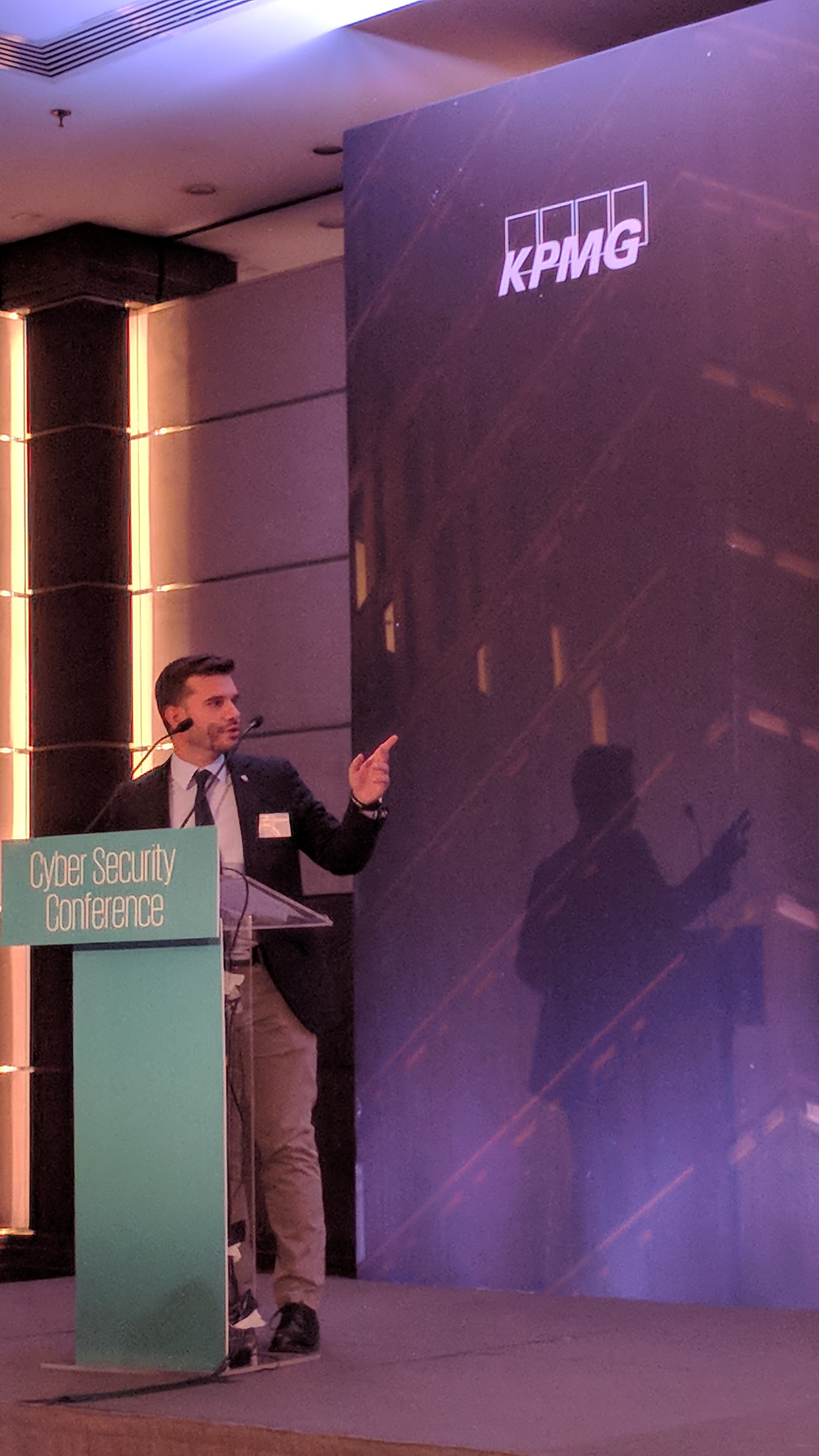
Stephanos Vitoratos at the conference
The conference took place in the context of the European Cybersecurity Month.
Keynote speaker at the conference was Mr Kyriakos Pierrakakis, Minister of Digital Governance, who announced the implementation of the ministerial decision that puts in force the National Cybersecurity Authority’s Internal Rules of Procedure.
We are delighted, as two more members of Homo Digitalis, Mr Vassilis Vassilopoulos and Mr Dimitris Patsos, participated in the conference as speakers with their professional capacity.

Vassilis Vassilopoulos attends panel on the importance of cyber security for businesses.
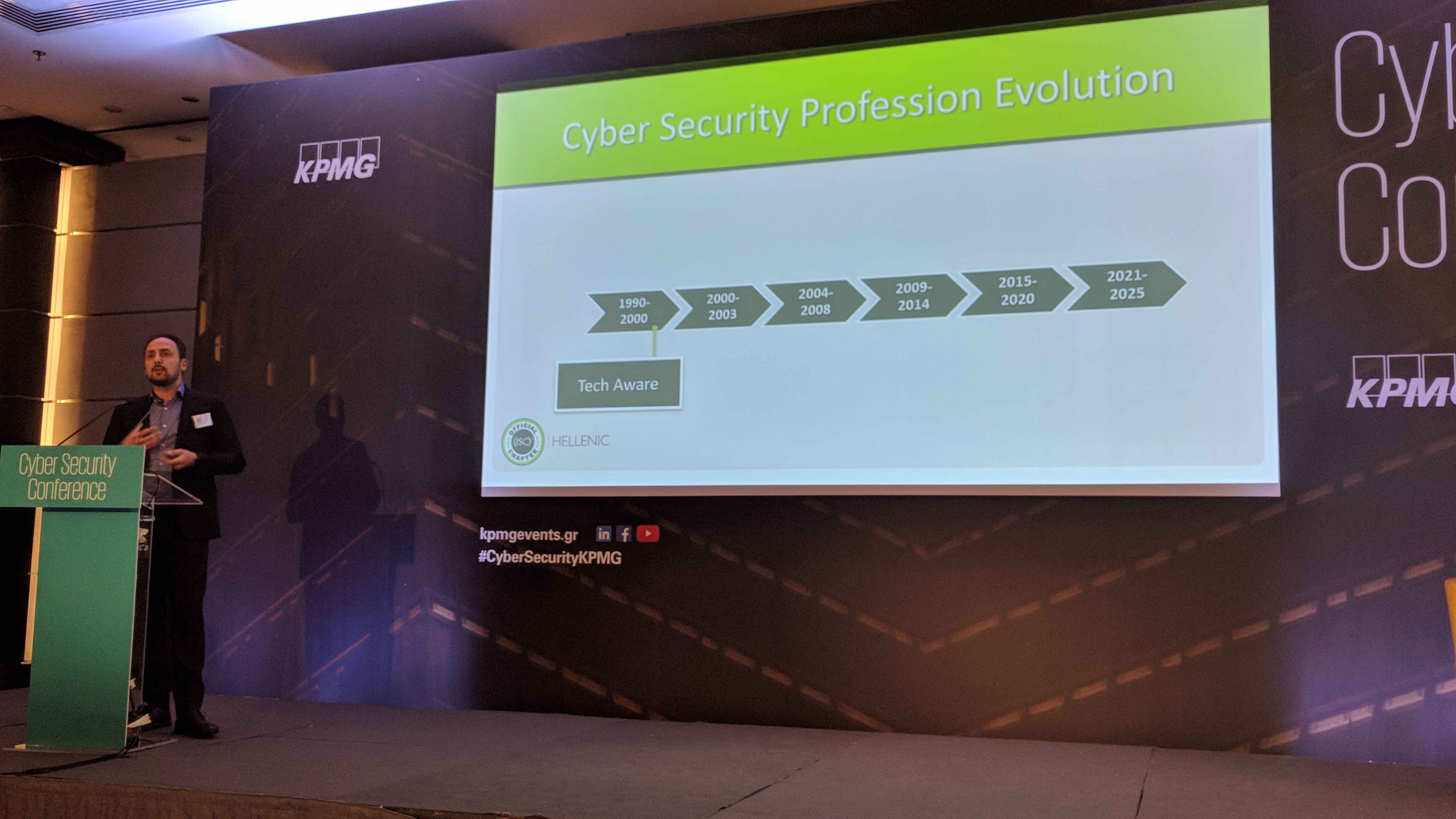
Dimitris Patsos talks about cyber security skills gap and the courses of action for Greece to bridge it.
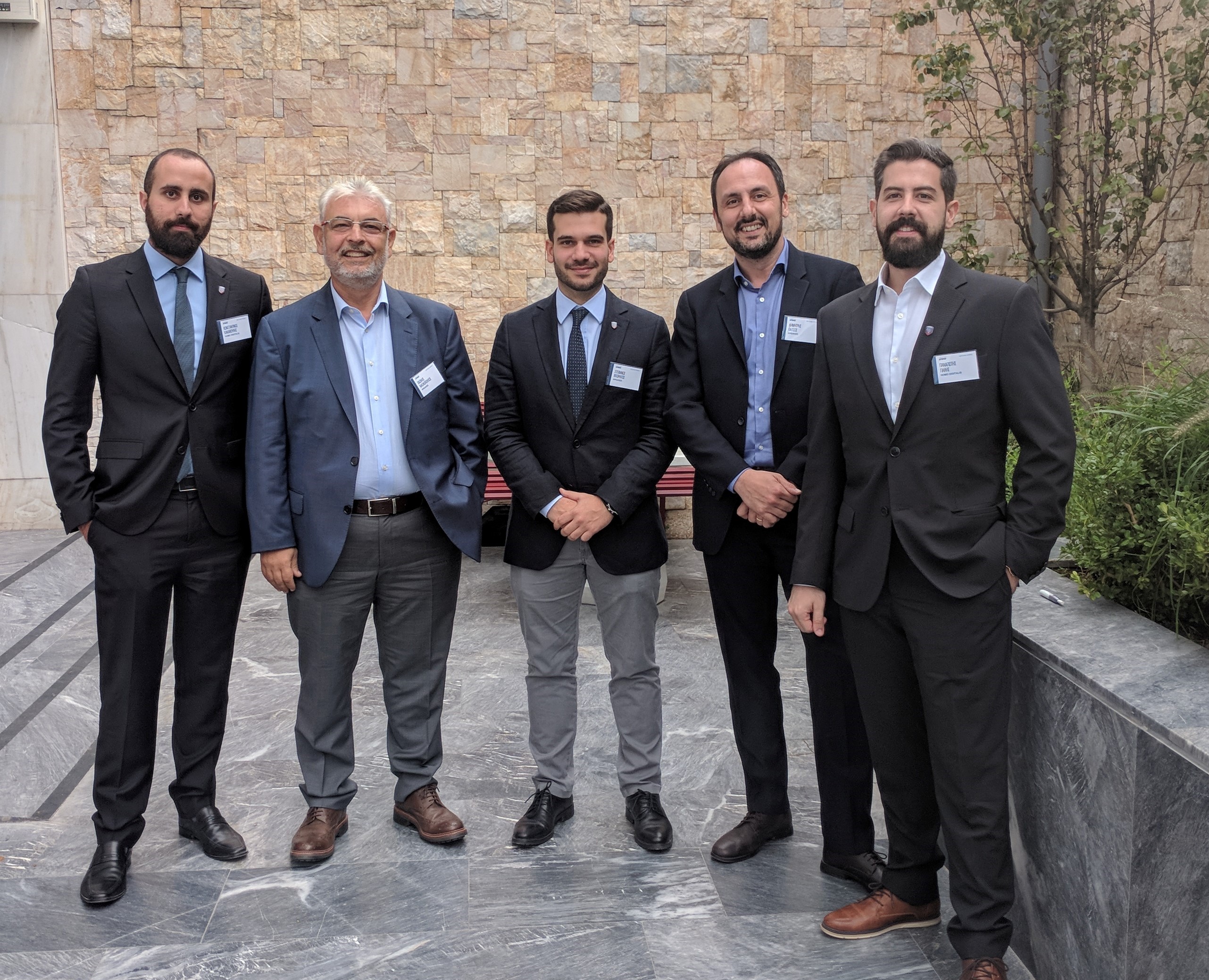
Homo Digitalis’s members at the conference
Homo Digitalis at Researcher’s Night 2019
Homo Digitalis participated in Researcher’s Night event for the second consecutive year, spreading information and knowledge to hundreds of adults and youngsters regarding their digital rights.
After our successful participation in Researcher’s Night 2018 in Athens, this year our organization attended Researcher’s Night which took place on Friday 27 September 2019 in Heraklion of Crete and specifically in the premises of the Foundation for Research and Technology – Hellas (“FORTH”).
Our little friends came at our stand and intriguingly met their digital selves. Parents and children had interesting conversations with Homo Digitalis team regarding the safe use of the Internet.
Together with our older visitors we experienced actual examples of public WiFi dangers.
We would like to wholeheartedly thank Papaki and Top.Host for such a productive cooperation.
Homo Digitalis team at Researcher’s Night 2019 consisted of the following members: Ms. Elpida Vamvaka, Mr. Manos Papadakis, Mr. Vyronas Kavalinis, Ms. Myra Kesidou, Ms. Despina Patsiokosta, Ms. Ioanna Spanaki, Ms. Eva Davaki, Mr. Konstantinos Liandroyannakis and Ms. Eleftheria Vamvaka.
We are looking forward to seeing you at next year’s Researcher’s Night.
